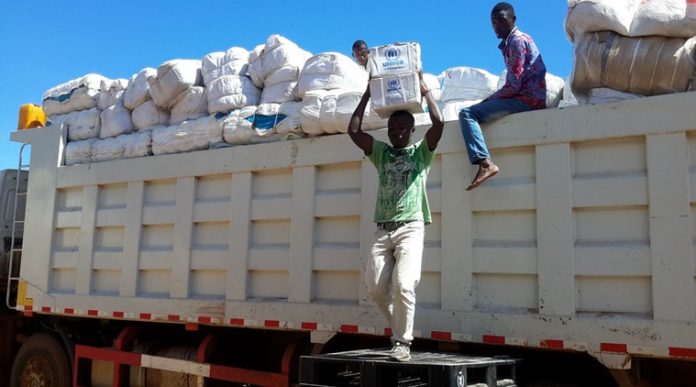New Delhi (NVI): UNHCR, the UN Refugee Agency, has warned that chronic underfunding is threatening hundreds of thousands of lives in the Democratic Republic of the Congo, where surging violence and COVID-19 are exacerbating already dire conditions for millions of forcibly displaced people.
UNHCR spokesperson Babar Baloch, in a press briefing at Geneva yesterday warned that without an urgent injection of cash, underfunding will have a devastating impact on critical lifesaving humanitarian programmes.
“Our activities to assist and protect the refugees and the displaced are only 20 per cent funded of the US$168 million needed,” he said.
As of June 7, DRC has recorded 4,105 confirmed cases of COVID-19 – the second largest number in the Southern Africa region. At the same time, surging violence is uprooting hundreds of thousands more people in the east of the country, according to the agency.
“This gap is undermining provision of aid response to the multiple humanitarian emergencies, leaving many vulnerable without food, water, shelter, health and hygiene facilities amid a rapid spread of COVID-19 across the country,” he added.
As of now, DRC has recorded 4,259 confirmed cases of COVID-19 – the second largest number in the Southern Africa region.
In addition to this, surging violence is uprooting hundreds of thousand more people in the east of the country.
Furthermore, Congo also hosts over half a million refugees – mainly from Rwanda, Burundi, the Central African Republic (CAR), and South Sudan.
Babar Baloch further said, “UNHCR is forced to make difficult choices that result in many of those in dire need not getting the assistance they require. We are working to help the most vulnerable to the extent possible, minimum standards in health, water and sanitation, education and other basic needs are often hard to meet with limited resources available for all populations.”
Meanwhile, currently available funding also limits UNHCR’s interventions to support the 1,20,000 refugees from the CAR living outside of camps, who constitute about 70 per cent of refugees from CAR in the DRC.
Among the most affected refugees are Rwandan refugees, who had been living in communities now displaced by successive waves of violence in North and South Kivu. The fund crunch has also hampered efforts towards finding lasting solutions for these refugees.
Baloch also informed that, “Continued underfunding also undermines UNHCR’s shelter programmes, and specifically its work to decongest displaced sites and hosting areas. More funding is needed to provide durable housing solutions which will contribute to reduce public health risks.”
The risks of further spread of COVID-19 is aggravated by displaced families who are unable to return home due to the ongoing violence, and who often live in overcrowded displacement sites or with impoverished host families.






